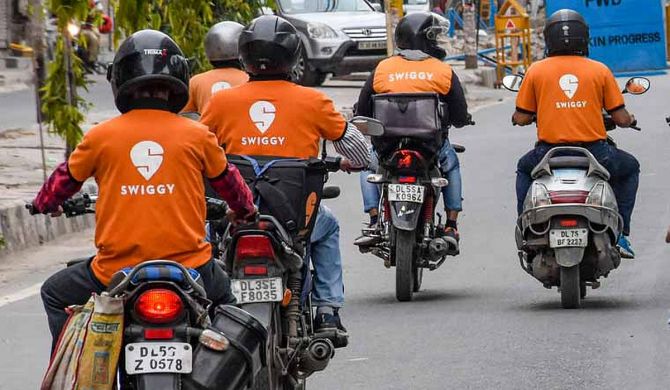Zomato and Swiggy, largely the two players dominating India’s food delivery market, are possibly facing an antitrust lawsuit. According to a report in Reuters that cited internal CCI documents, both platforms allegedly violated anti trust laws in their own terms, based on a complaint by the National Restaurants Association of India.
The investigation began two years ago, and so far, it has been revealed that both companies may have engaged in anti-competitive practices. Zomato and Swiggy seem to have indulged in certain business practices with their restaurant partners – Reuters reviewed non-public documents that show that Zomato entered into “exclusivity contracts” with restaurant partners, offering them reduced commission rates in exchange for agreeing to list only on Zomato’s platform.
Swiggy, for its part, went down a similar routine and is reported to have guaranteed business growth to certain restaurants if they chose to list exclusively with them. Unsurprisingly, these practices have proved to be beneficial for the restaurant in question, even though this came resulted in limited competition in the market by preventing new and/or smaller restaurant players from competing on a more level playing field. For now, the investigation is in its final stages, and any penalties/mandate changes to the business models of Zomato and Swiggy will be revealed in the coming weeks.
And if this is not enough, both Zomato and Swiggy have been accused of imposing strict pricing and discounting restrictions on their restaurant partners. As per the CCI documents, Zomato forced some restaurants to maintain price parity across all platforms. While this seems to be a good idea on paper, this meant that restaurants could not offer lower prices on competitors’ platforms without facing potential penalties from Zomato. Swiggy adopted something similar, and its contracts reportedly included provisions that threatened to lower the rankings of restaurants that failed to maintain price parity. These practices prevent restaurants from competing freely based on price.
This development comes at a time when Swiggy is in the process of conducting its IPO – it is set to close bids for its $1.4 billion IPO this month and is valued at approximately $11.3 billion. The price band has been set at ₹371-390 per share, and as of the end of the third day of the IPO, it was booked 3.59 times. According to Upstox, it received bids worth over ₹22,436 crore. In its IPO prospectus, the Bengaluru-headquartered Swiggy has mentioned the ongoing CCI investigation as an “internal risk” in its IPO prospectus, noting that any breach of competition law could result in significant financial penalties for the company. Zomato, for its part, went public in 2021. Since then, it has seen its stock price more than triple in value, while its current valuation is approaching $27 billion.
The Tech Portal is published by Blue Box Media Private Limited. Our investors have no influence over our reporting. Read our full Ownership and Funding Disclosure →






